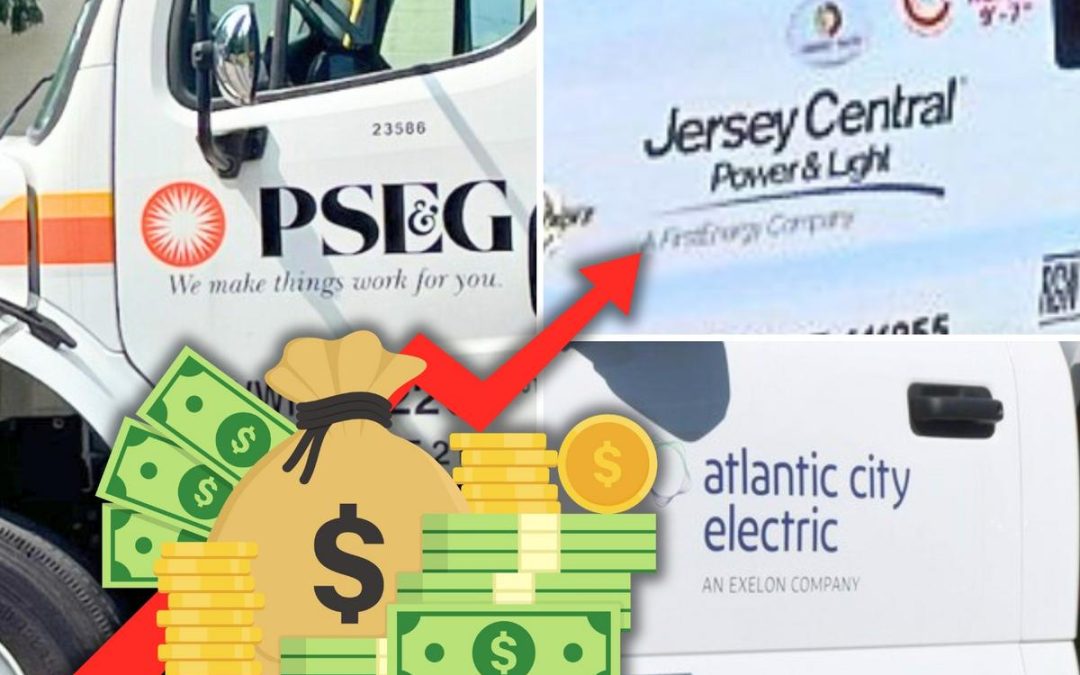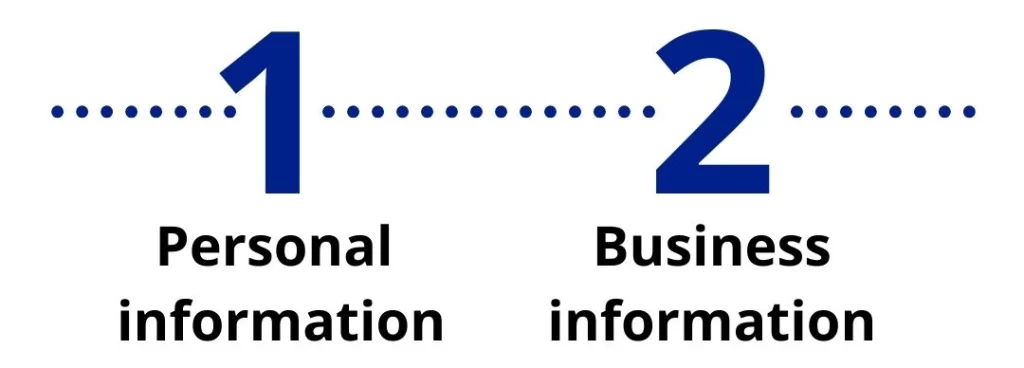Summer is fast approaching — and so are large increases to electric bills.
What’s Going on?
Every year in February, power generation companies participate in an energy auction run by the New Jersey Board of Public Utilities (BPU). This Basic Generation Service (BGS) auction sets the wholesale electricity price that New Jersey customers pay if they haven’t chosen a third-party energy supplier. To help lessen price volatility, this auction determines the price for about one-third of the state’s supply each year, layering it with prices from the previous two years’ auctions.
The significant price hikes taking effect June 1st stem directly from the high prices secured in this year’s BGS auction. These results weren’t entirely unexpected, as the regional grid operator, PJM Interconnection (which includes New Jersey), saw its own recent capacity auction clear at record-setting prices.
A major driver behind these high auction prices is a regional imbalance: electricity demand is rapidly increasing while supply growth is limited. This limited supply is worsened by several factors, including significant delays in connecting new generation projects to the PJM grid and the recent shutdown of older power plants. Examples include the closure of the state’s last two coal-fired power plants in 2022 and PSEG’s divestment of its fossil-fuel generating stations in 2023.
State energy policies also play a role in the supply crunch. Governor Murphy’s goal to make New Jersey’s electricity production fossil-free by 2035, along with other decarbonization efforts like phasing out fossil-fuel plants, have been cited as factors reducing currently available electricity supply.
Compounding these issues is the fact that New Jersey is already an “intensive net importer of power”. Since the state doesn’t generate enough electricity to meet its own needs, it must buy power from the broader PJM grid. When regional supply is tight and demand is high, New Jersey is more vulnerable to higher wholesale prices set in the auctions. Utilities like JCP&L and PSE&G pass these wholesale electricity costs directly to consumers without profit, earning revenue instead from distributing the power.
Political Responses
The announcement of these significant rate increases has drawn reactions from state lawmakers, with different perspectives on the primary causes. Some officials have placed blame on state energy policies. State Senate Minority Leader Anthony Bucco (R-Morris), for instance, argued that Governor Phil Murphy’s energy policies, which push for electrification and decarbonization, place a huge demand on the electric supply. He stated that when New Jersey can’t meet its own demand, it’s forced to buy expensive power from the regional grid.
Other officials have focused their attention on the regional grid operator, PJM Interconnection. State Senator John Burzichelli (D-Gloucester) introduced a resolution calling for the BPU to investigate PJM’s pricing model and push for reforms aimed at reducing prices. While acknowledging PJM’s technical success in preventing widespread outages, he questioned whether the organization is sufficiently aware of the financial impact its operations have on consumers’ ability to pay. Along similar lines, Senate Republicans have called on regulators to prioritize reliability and affordability in energy decisions.
What are the Specific Increases for Each Utility?
Here are the increases for New Jersey’s 4 electric utilities:
- Atlantic City Electric customers’ will rise by 17.23%
- Jersey Central Power & Light bills will go up by 20.2%
- PSE&G bills will rise by 17.24%
- Rockland Electric, which services the far northern portion of the state, will see an increase of 18.18%
Will this Affect Balance Billing?
If you are enrolled in a utility’s balanced billing program it may take some time for you to see a difference in your bill.
JCP&L spokesperson Christopher Hoenig said JCP&L’s equal payment plan customers won’t see an immediate adjustment on June 1 when the new rates kick in. Those adjustments will happen when they reach the eighth and 12th month of their plan cycle.
“As it relates to budget billing, the BGS supply charge that will be implemented in June, would vary based on when a customer started their budget billing plan,” said Frank Tedesco, a spokesperson for Atlantic City Electric. “Budget billing accounts are systematically reviewed during the course of the individual customer’s budget year.”
What Can You Do to Protect Your Home and Business?
With energy markets volatile and prices increasing, it’s wise for consumers to explore ways to manage their electricity costs. Taking energy efficiency measures is one important step. Some common actions homes and businesses can take include:
- Caulking air leaks around windows and doors to reduce strain on heating and cooling systems.
- Using energy-efficient light bulbs.
- Changing air and furnace filters regularly.
- Getting regular HVAC maintenance.
- Using power management settings on computers and electronic devices.
- Considering a home or business energy audit to identify further savings opportunities.
Beyond efficiency, another key strategy is to actively shop for your electricity supply. While your local utility (like JCP&L or PSE&G) delivers the power, New Jersey residents and businesses can choose a different company, known as a third-party supplier, for the actual electricity generation. If you don’t choose one, you automatically get the default Basic Generation Service (BGS) rate set by the annual auction.
However, you may be able to find a competitive supplier offering a price lower than the new, higher BGS rates taking effect June 1st. It’s a good time to review your options. When comparing offers from suppliers licensed by the NJ BPU, be sure to look closely at:
- The price per kilowatt-hour (kWh).
- The plan structure (is it a fixed rate for a set period, or a variable rate that could change?).
- The contract length (how long are you locked into the rate?).
- Other terms and conditions, including any potential early termination fees or other charges.
Carefully evaluating these factors can help you find a plan that best suits your needs and potentially provides more cost certainty than the default utility rate.
NJ Residents: Take control of your electricity costs. Compare fixed-rate residential plans online and find the best option for your budget
For New Jersey Businesses: Navigating complex energy contracts doesn’t have to be a challenge. Let the expert energy brokers at Consumer Energy Solutions help you secure the best rates and terms. Contact us for a customized energy solution



